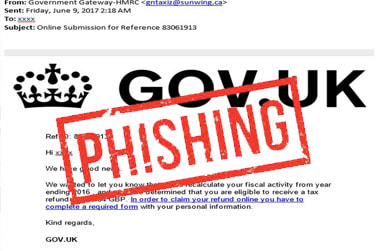
Two recent scams reported in the media are the Amazon Parcel Delivery and Royal Mail Parcel returned to depot. Typical of phishing scams, the email or text has a link which takes you to a scam site where you are asked for personal details and/or payment. Many people have been caught out by these scams because at first glance they do appear to be from the companies they’re claiming to be. Across social media people are sharing their stories of how they have fallen victim to scams such as the ‘missed delivery’ text.
What To Do If You Are a Victim of Cyber Fraud
- Do not click the link unless you are sure or the origin of the text.
- Check Royal Mail for recent scams here
- Royal Mail will always leave a card if you miss an attempted delivery
- Report suspicious messages to Action Fraud
- Which have some great tips for spotting scam texts and emails
What to do if you fall victim to a phishing scam:
- Contact your bank as soon as you realise.
- Get your devices checked over by a professional.
- File Genie can identify viruses and malware and get your devices cleaned, safe and up and running for you.
Keep your devices safe:
- Make sure you install and update anti virus software - don’t forget your smartphone and tablets!
- Make sure your antivirus is turned on - sounds obvious but it’s easily forgotten about
- Ensure your operating system is up to date
- Suspicious email or text? Delete it! If it’s important the sender will find another way to contact you.
For more information about how you can protect your computers and devices and keep them running smoothly, contact File Genie.


 RSS Feed
RSS Feed


